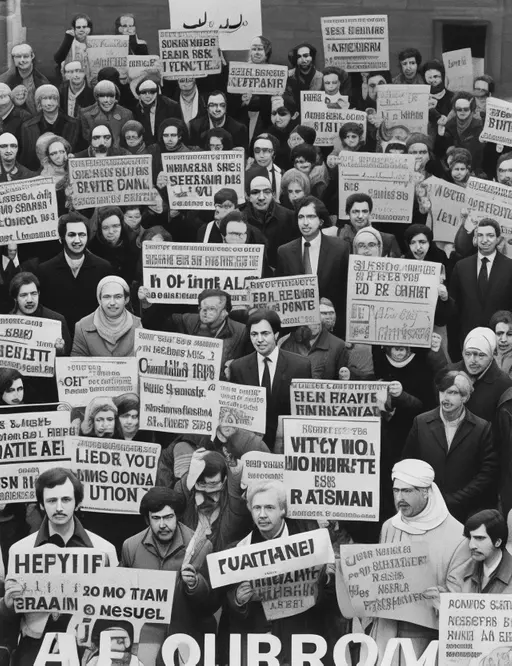Release of American Hostages in Iran
January 20, 1981

Release of American Hostages in Iran
On January 20, 1981, a significant chapter in modern diplomatic history unfolded as Iran released the 52 American hostages who had been held captive for 444 days. The hostages' release marked the end of the Iran hostage crisis, a protracted and tense ordeal that had strained diplomatic relations between the United States and Iran.
The Iran Hostage Crisis
The Iran hostage crisis began on November 4, 1979, when fifty-two American embassy personnel in Tehran were taken hostage by Iranian militants. The hostage-takers demanded the extradition of the deposed Shah of Iran, Mohammad Reza Pahlavi, who was in the United States for medical treatment.
Diplomatic Negotiations
The resolution of the hostage crisis involved complex diplomatic negotiations between the United States and Iran. The negotiations took place against the backdrop of escalating tensions, failed rescue attempts, and political changes in both countries.
Algiers Accords
The breakthrough came with the signing of the Algiers Accords on January 19, 1981, just one day before the presidential inauguration of Ronald Reagan. The accords outlined the terms for the release of the hostages, including assurances that the United States would not interfere in Iran's internal affairs and the unfreezing of Iranian assets.
Release Day
On January 20, 1981, minutes after Ronald Reagan was sworn in as the 40th President of the United States, the American hostages were released. Their ordeal, which had lasted for over a year, was finally over. The hostages boarded a plane named "Freedom One" and flew to freedom.
End of a Chapter
The release of the American hostages in Iran marked the end of a challenging chapter in U.S.-Iran relations. While the hostages returned home to a hero's welcome, the events of the Iran hostage crisis continued to influence diplomatic discussions and foreign policy decisions in the years that followed.
Legacy
The Iran hostage crisis had a lasting impact on international relations and shaped perceptions of the United States' role in the Middle East. The legacy of those 444 days continues to be a subject of historical analysis and discussion.



